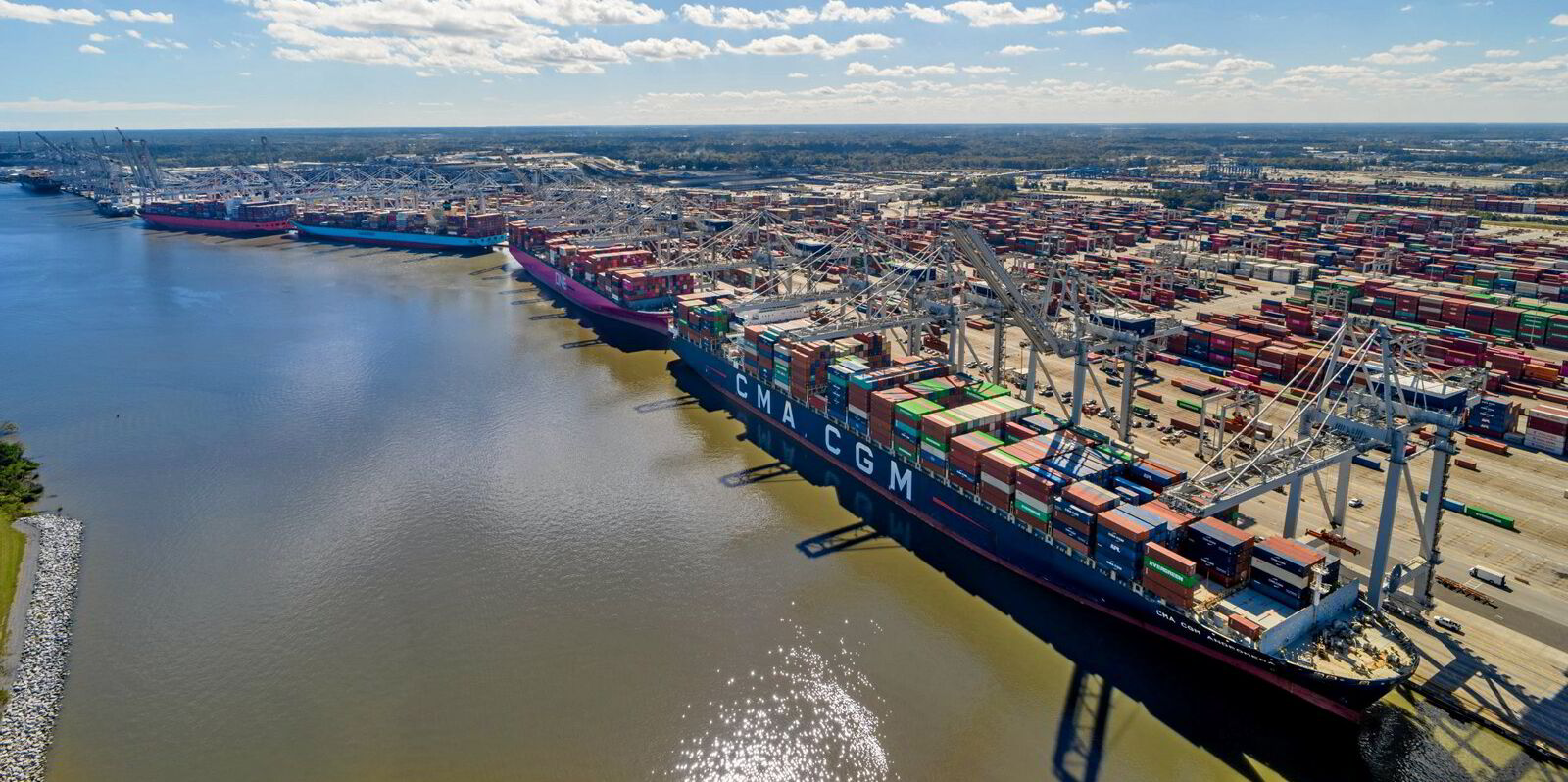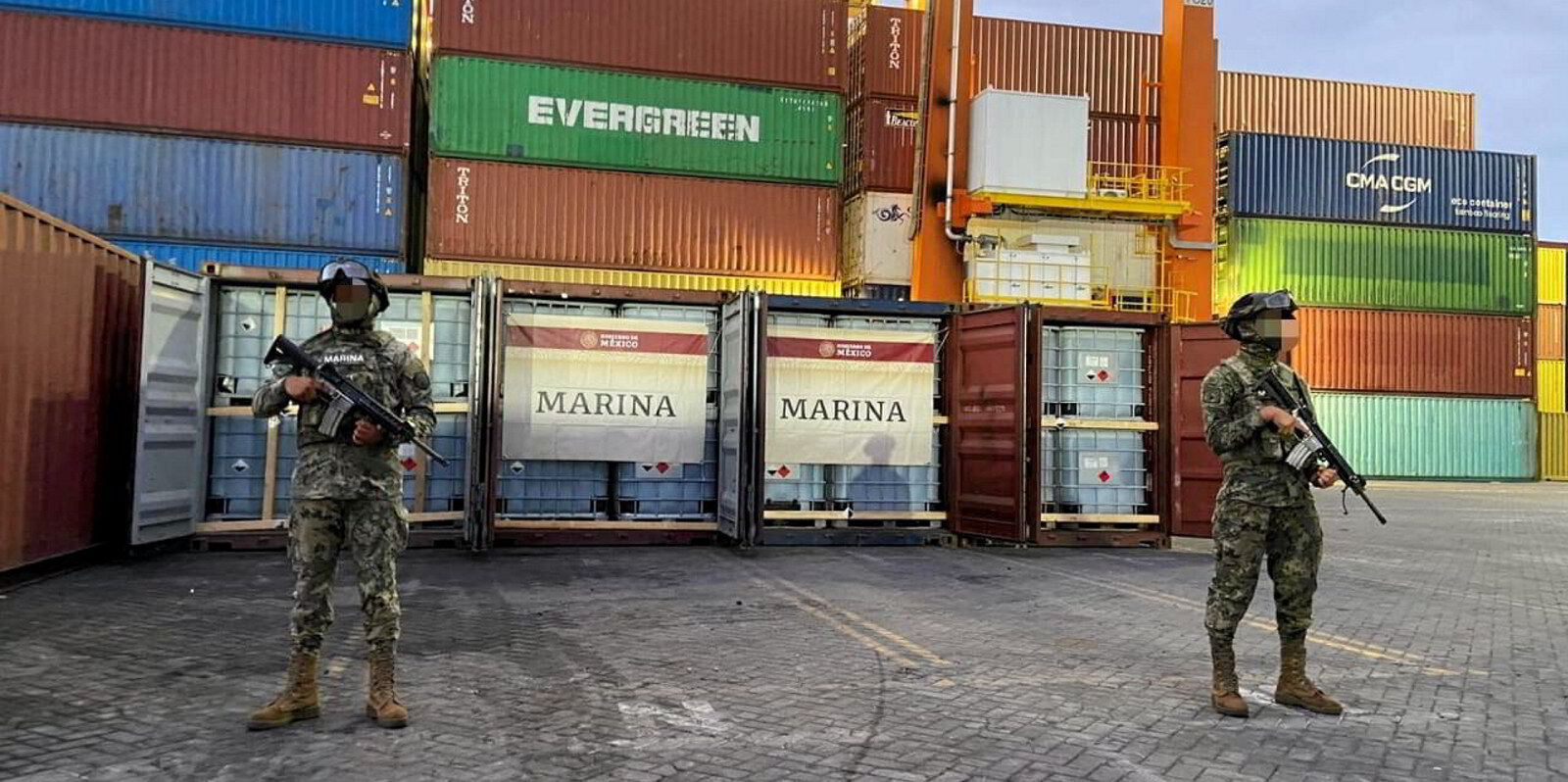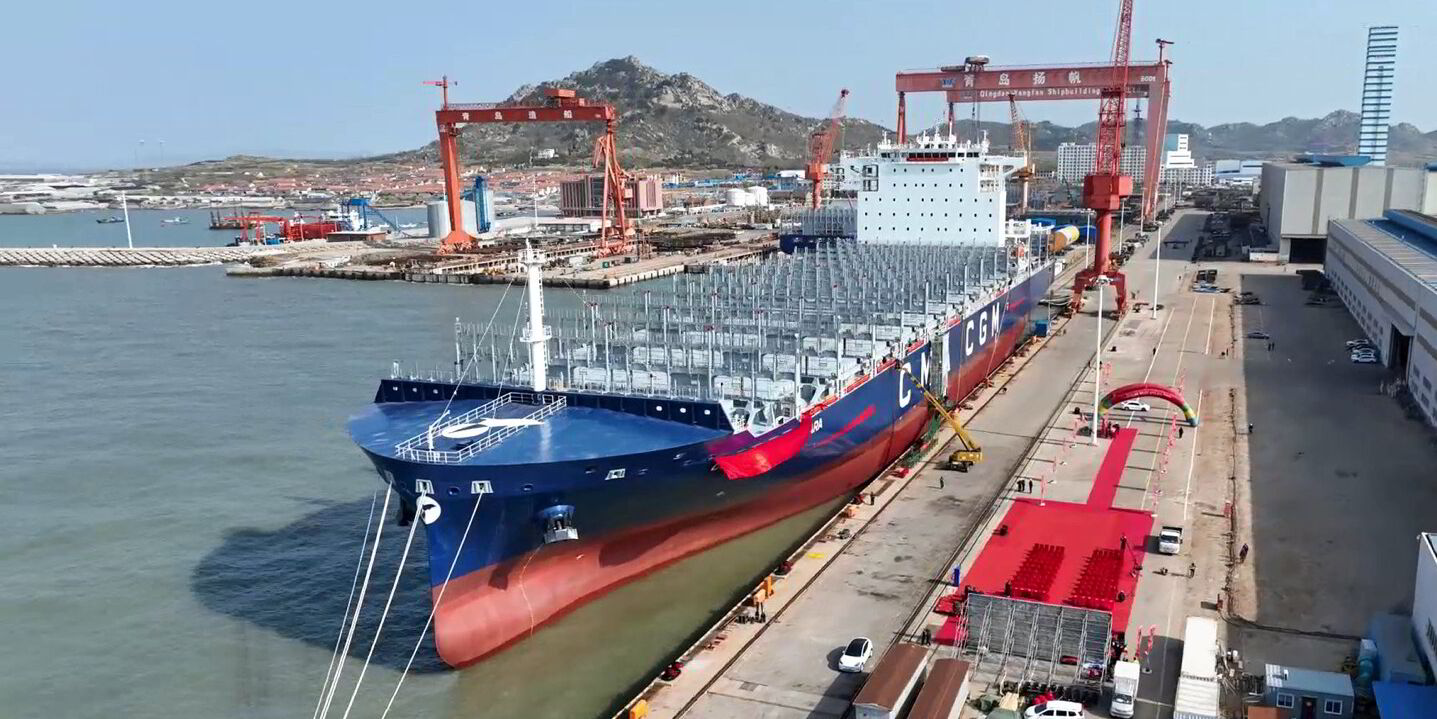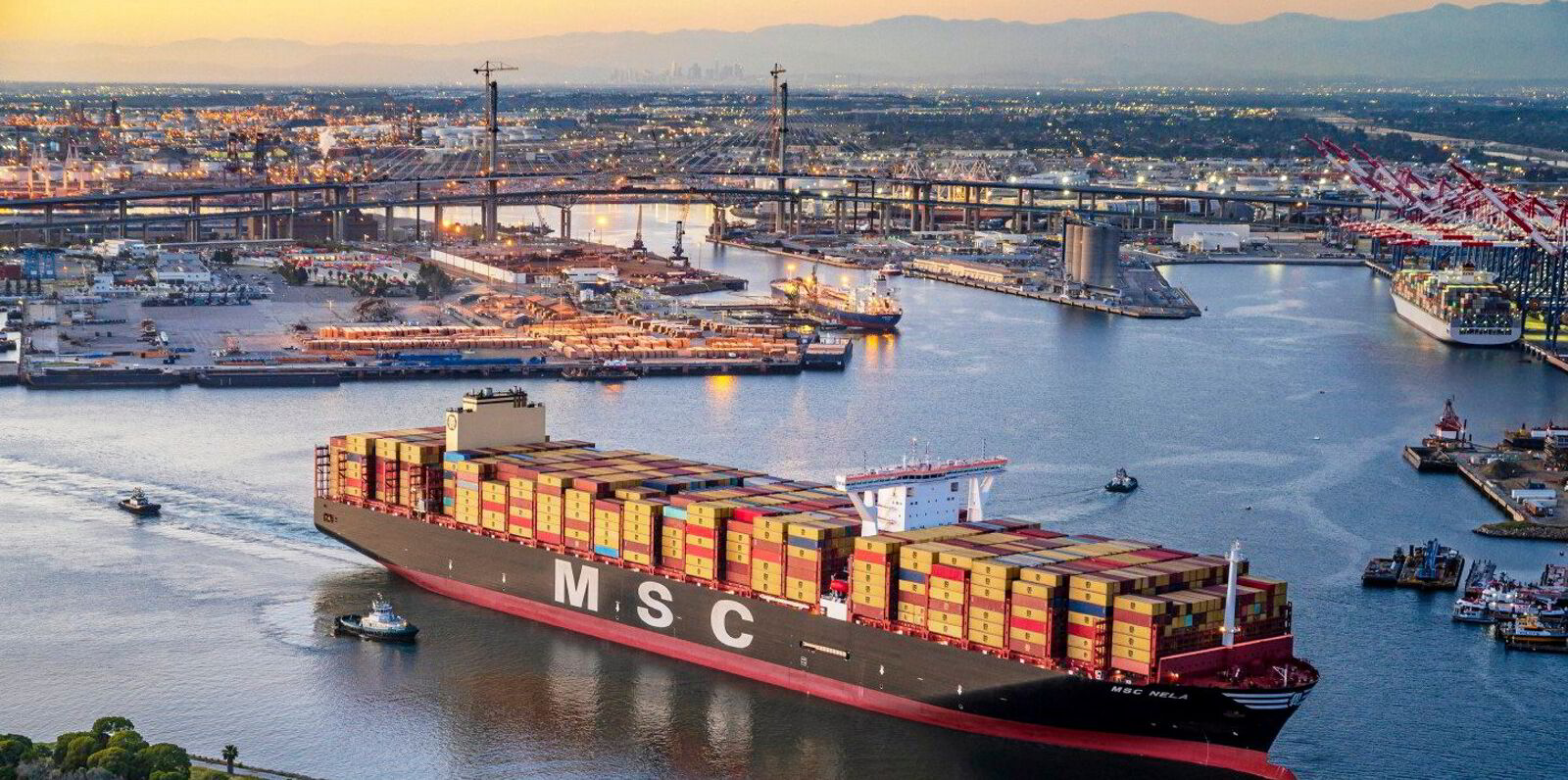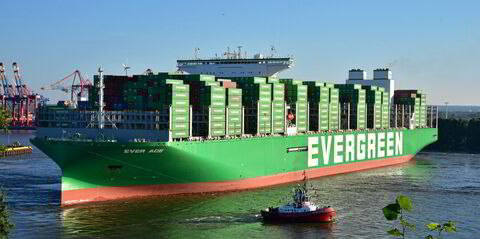Dockworkers at ports across a major swathe of the US coastline are signalling that they could strike, raising the spectre of supply-chain constraints in the container sector when the existing contract ends on 30 September.
Concerns are mounting after the International Longshoremen’s Association (ILA), the labour union that represents dockworkers at container ports across the Atlantic Seaboard and Gulf Coast, pulled out of negotiations with employers on 10 June — the day the talks were set to begin.
With less than 80 days left in the current six-year collective bargaining agreement, union president Harold Daggett added to concerns when he warned that strikes are more likely as the deadline to seal a deal with the US Maritime Alliance (USMX) draws closer.
He said the ILA rank-and-file members are united behind him and are willing to “hit the streets” on 1 October if the employers’ group, which is made up of key liner operators and terminal companies, does not meet its demands.
“We will not entertain any discussions about extending the current contract, nor are we interested in any help from outside agencies to interfere in our negotiations with USMX,” Daggett said.
“This includes the Biden administration and the Department of Labor.”
Help from the administration of US President Joe Biden is exactly what some are hoping for.
Trade groups from a variety of industries have sent the president a letter calling on the government to step in.
“We call upon the administration to immediately work with both parties to resume contract negotiations and ensure there is no disruption to port operations and cargo fluidity,” the 158 state and federal trade associations said.
“One of the key priorities for the administration has been supply-chain resiliency and addressing ongoing supply-chain challenges. We continue to see maritime supply-chain challenges from the ongoing Houthi attacks on vessels transiting the Red Sea.”
These challenges, the groups said, have led to other supply-chain issues, including higher freight rates and diversions.
“With all these existing challenges, the last thing the supply chain, companies and employees — all of which rely on the movement of goods, both imports and exports, through our east coast and Gulf coast ports — need is a strike or other disruptions because of an ongoing labour negotiation,” the groups said.
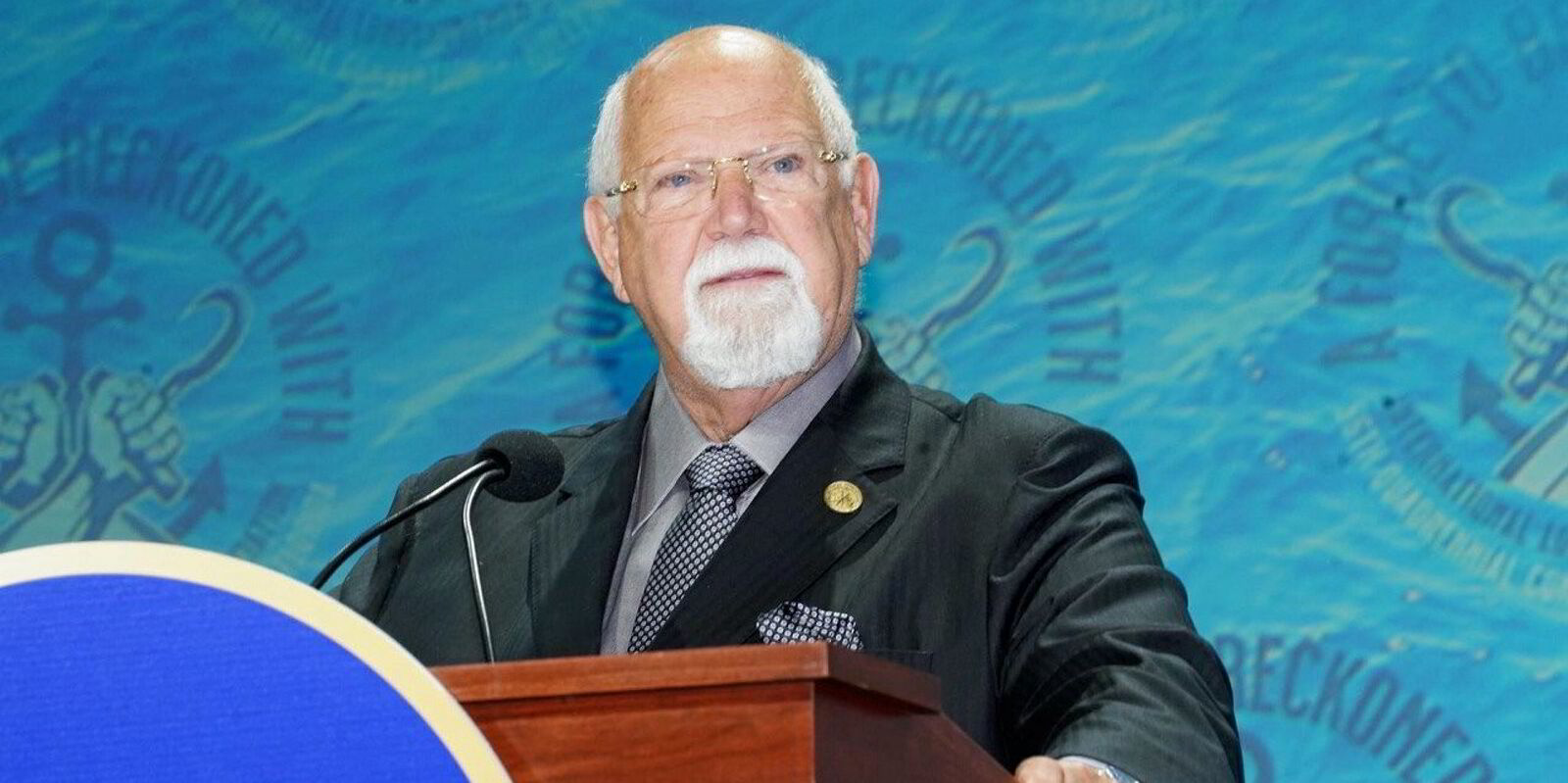
“As this administration has seen, even the threat of a strike or disruption can have a negative impact on the supply chain.”
Logistics groups have expressed worries that cargoes will begin to shift to the west coast ahead of the potential start of a strike, fuelling congestion and helping to lift container freight rates on that trade lane.
Judah Levine, head of research for container platform Freightos, said the threat of the strike may have already been a driver for what has been an early start to the peak container shipping season.
Port automation has often been a sticking point of US dockworker negotiations, particularly at container ports, and the latest labour strife is no exception.
The ILA has blamed the breakdown in talks on the use by Danish container shipping giant AP Moller-Maersk and its APM Terminals subsidiary of a system called Auto Gate to automatically process trucks at ports without using ILA labour.
TradeWinds has contacted a Maersk spokesman for comment.
The union said it first noticed the system in use in the port of Mobile, Alabama, but said it is reportedly in use elsewhere.
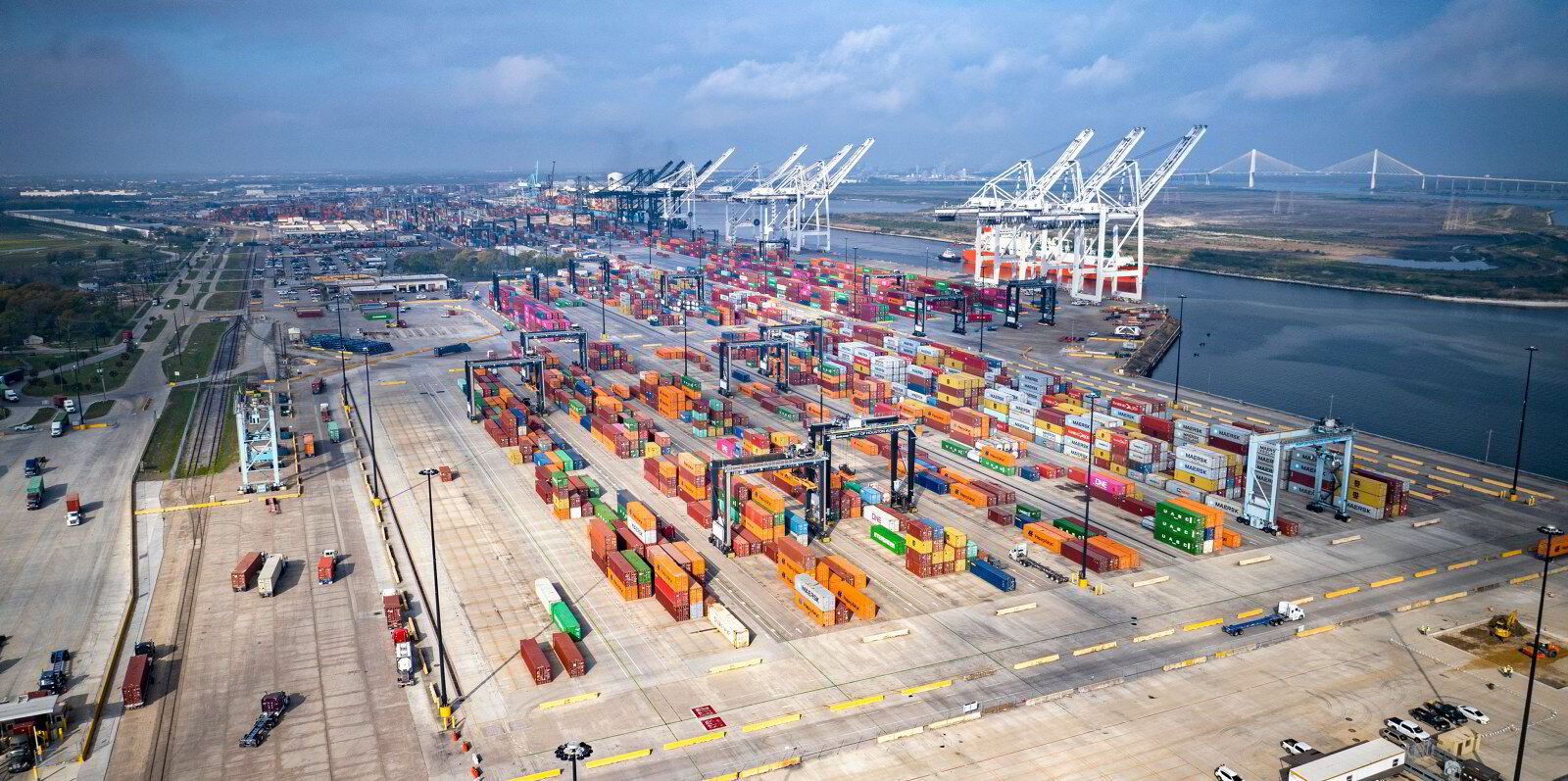
1 New York/New Jersey: 9.91m teu
2 Savannah: 5.89m teu
3 Houston: 3.97m teu
4 Virginia: 3.7m teu
5 Charleston: 2.79m teu
6. Jacksonville: 1.31m teu
7 Miami: 1.1m teu
8 Baltimore: 1.07m teu
9 Port Everglades (Fort Lauderdale): 1.01m teu
10 New Orleans: 1m teu
“Additionally, the union is still waiting on results from an audit for jobs created out of new technology, a report they have been anticipating for almost two contract periods,” the union said last week.
“The ILA has observed an increasing number of IT personnel on marine terminals, with concerns that APM and Maersk’s IT departments in Charlotte, North Carolina, are encroaching on their jurisdiction.”
USMX, whose members include CMA CGM, MSC Mediterranean Shipping Company and Cosco Shipping Lines, has played down the cancellation of talks for a master contact.
The group noted on 11 June that it had already begun meeting with the ILA for local contracts.
“USMX looks forward to re-engaging with the ILA’s bargaining committee to jointly move local and master contract negotiations forward for the betterment of the USMX membership and the ILA rank and file,” the employers’ group said at the time.
